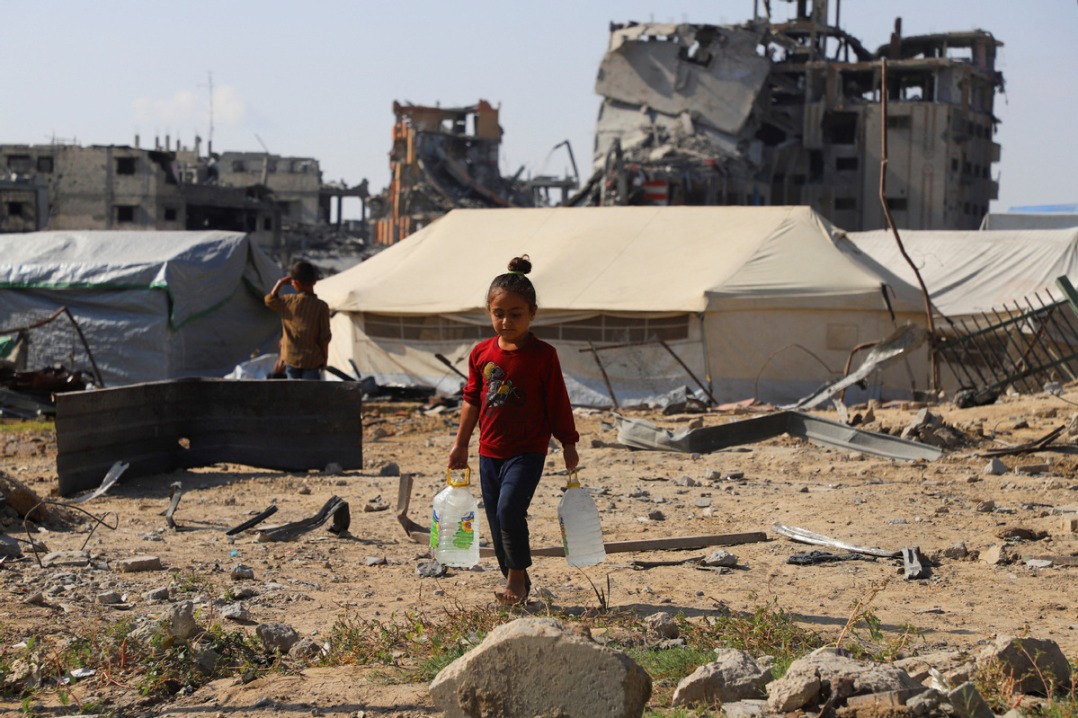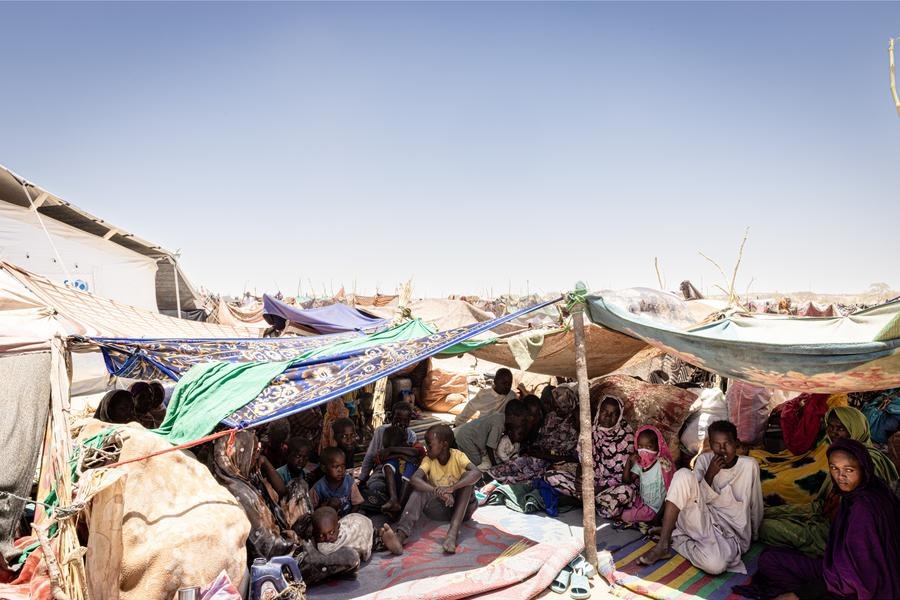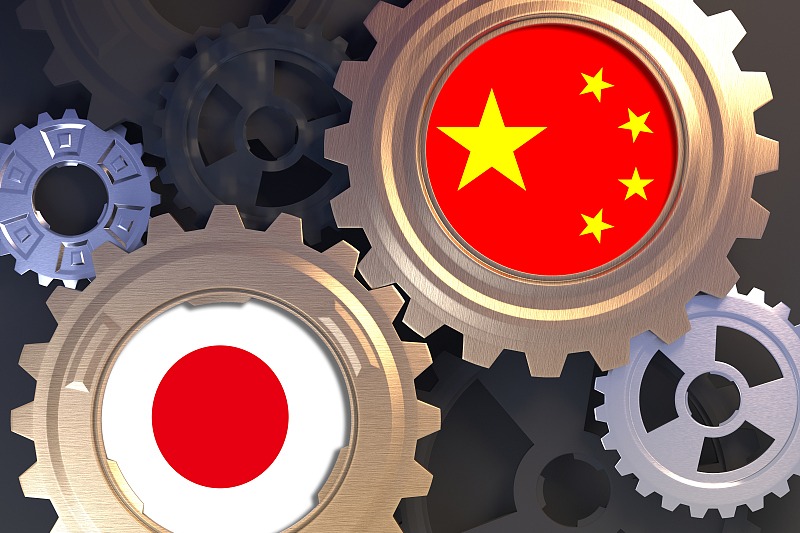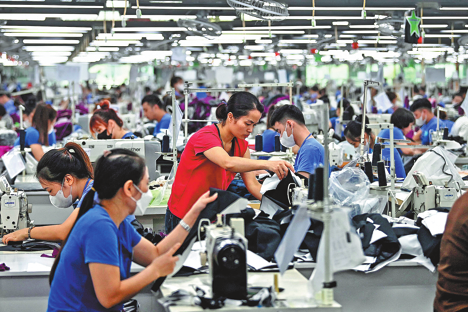Indonesia, Brazil and S. Africa commit to multilateralism

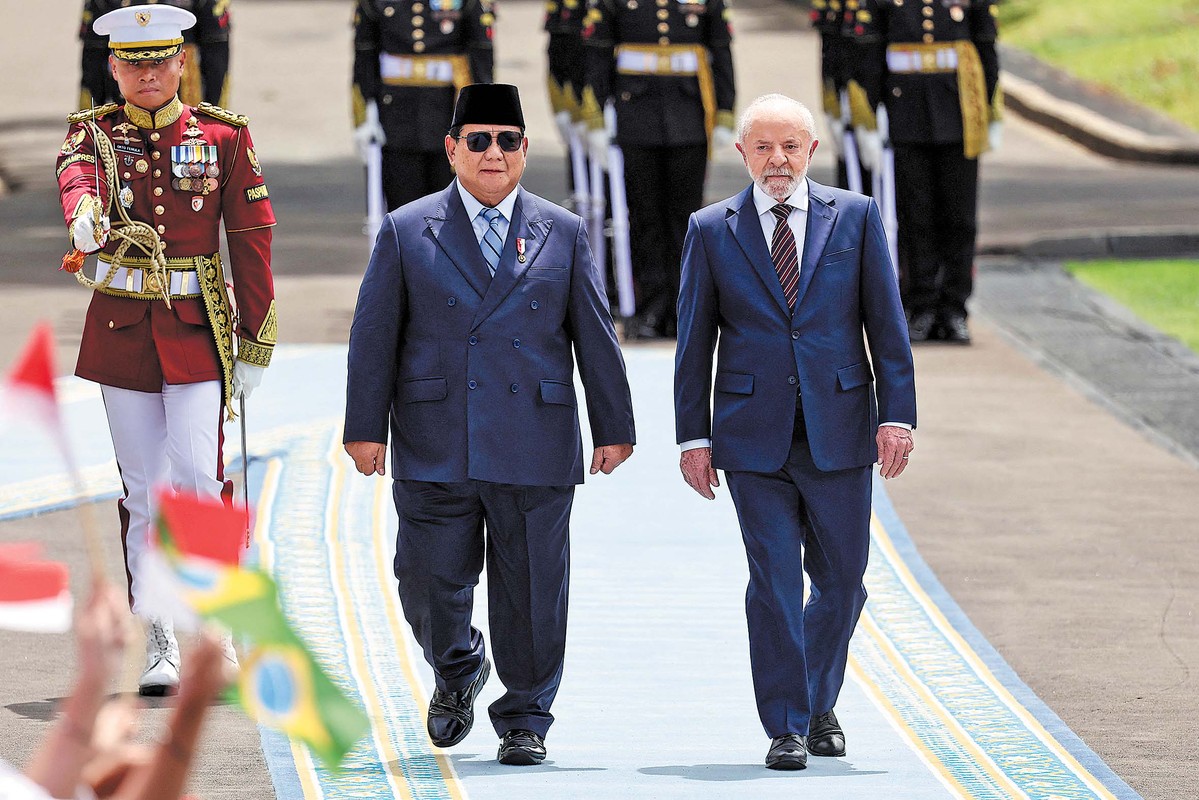
Indonesian President Prabowo Subianto, Brazilian President Luiz Inacio Lula da Silva and South African President Cyril Ramaphosa expressed the commitment to strengthen a multilateral system that upholds peaceful resolution of conflicts through dialogue during their separate bilateral meetings in Jakarta this week.
Lula, whose country serves as the BRICS chair for 2025, visited Indonesia from Wednesday to Friday. Ramaphosa arrived in Jakarta on Wednesday for a two-day visit.
The three presidents discussed key issues, including the relevance of groups such as BRICS, the Global South and the G20.
Brazil in 2009 joined the BRICS, while South Africa also became a member in 2010. Early this year, Indonesia was formally admitted into BRICS as its newest full member.
Prabowo said Indonesia and Brazil share a similar position as emerging economic powers in the Global South and also hold similar views on multilateral issues.
Lula pointed to South-South cooperation that is based on "dialogue and mutual respect". On Friday, Lula met with ASEAN Secretary General Kao Kim Hourn in Jakarta, sharing ideas on ASEAN-Brazil cooperation in areas such as sustainable development, trade and investment.
Ramaphosa said in his press statement with Prabowo on Wednesday that they had discussed global issues related to BRICS, the G20, and the Non-Aligned Movement and others.
"We affirmed the need to strengthen the multilateral system to enhance the peaceful resolution of conflict through dialogue," the South African leader said.
Strengthening BRICS
The visits of Lula and Ramaphosa to Jakarta would help strengthen BRICS, observers said.
Shofwan Al Banna, an international relations professor at Universitas Indonesia, said the BRICS has now become an important platform, introducing a new form of cooperation beyond the current West-dominated international structures.
Shofwan said bilateral and interregional cooperation beyond the BRICS, such as ASEAN and other regional organizations, is also important in the current situation.
Johanes Herlijanto, a lecturer at Universitas Pelita Harapan, said BRICS does not aim to substitute for existing multilateral cooperation organizations, but to serve as an "additional" platform for gaining new opportunities.
"As such, the challenge for Indonesia is how to take advantage of its presence in BRICS without reducing the benefits it gets from being part of various other groups," Herlijanto said on Friday.
The writer is a freelance journalist for China Daily.
















